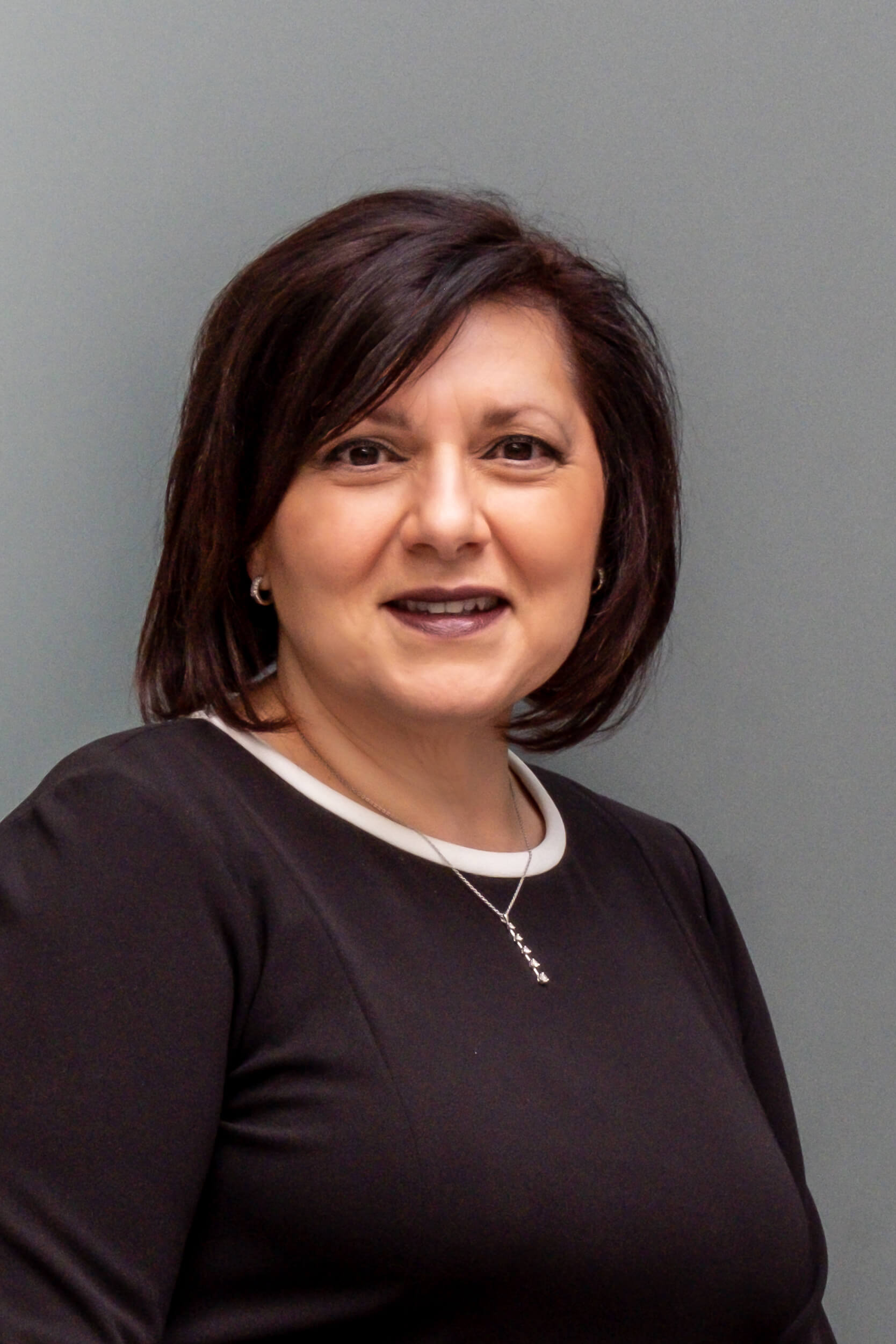
How does RIFM ensure scientific objectivity?
The Research Institute for Fragrance Materials (RIFM) relies on several layers to help ensure the scientific objectivity of its work.
- RIFM prioritizes data that follows internationally accepted best practices and guidelines
- An oversight body of academic experts with no ties to industry must review and approve all of RIFM’s work
- RIFM submits all of its safety assessments and research papers for peer review by reputable scientific journals
- RIFM makes all of its published work available open-access via The Fragrance Material Safety Resource Center
- RIFM works with governmental agencies around the world to ensure that its science is reproducible by independent scientists
RIFM was founded in 1966 by half a dozen fragrance companies that wanted to ensure that people could safely enjoy their products.
Those who founded RIFM immediately saw the need to eliminate potential conflicts between commerce and scientific objectivity. So, they decided that an independent group of academic experts not involved in the fragrance industry should make all final decisions regarding the institute’s scientific safety evaluations.
Since 1967, the Expert Panel for Fragrance Safety has guided, overseen, and ultimately must approve all of RIFM’s research and assessments before submission for peer-reviewed publication. The Expert Panel elects its own members, who serve on a rotating basis, and comprises internationally known academic scientists, including dermatologists, pathologists, toxicologists, and environmental scientists. It meets three times a year to review, evaluate, and assess the safety of fragrance materials. The Expert Panel meeting Agendas and Minutes are available on their website.
But the Expert Panel is just one layer that RIFM relies upon for scientific objectivity.
The safety assessment process starts with how RIFM scientists evaluate the existing data by ensuring that every conclusion in every RIFM safety assessment is grounded in internationally-recognized guidelines. For example, RIFM considers tests on fragrance materials that follow Good Laboratory Practices (GLP) and comply with the OECD (Organisation for Economic Co-operation and Development) Test Guidelines for Chemicals, internationally accepted specifications for testing chemicals. In addition, any tests necessary to fill data gaps are conducted by independent external labs, not by RIFM itself.
Furthermore, RIFM’s safety evaluations and research papers are submitted for peer-reviewed publication, ensuring another layer of scientific objectivity. All of RIFM’s scientific work available for free to the general public at the Fragrance Safety Resource Center was initially peer-reviewed and published in internationally-recognized, reputable scientific journals.
Finally, RIFM collaborates with others to ensure that our work is reproducible, which is essential for differentiating subjective impressions from objective data. For example, RIFM collaborated with the government of India’s Institute of Toxicology Research (IITR) to have IITR scientists follow our Safety Assessment Criteria Document on four ingredients and see if their conclusions would match ours. Their results, published in their Annual Report for 2019-2020, were identical to ours for these four ingredients, confirming RIFM’s science-based safety assessment process.
Anne Marie Api, PhD, Fellow ATS, is President of the Research Institute for Fragrance Materials (RIFM).